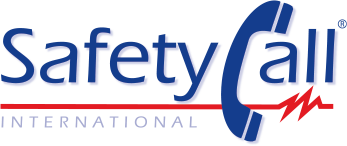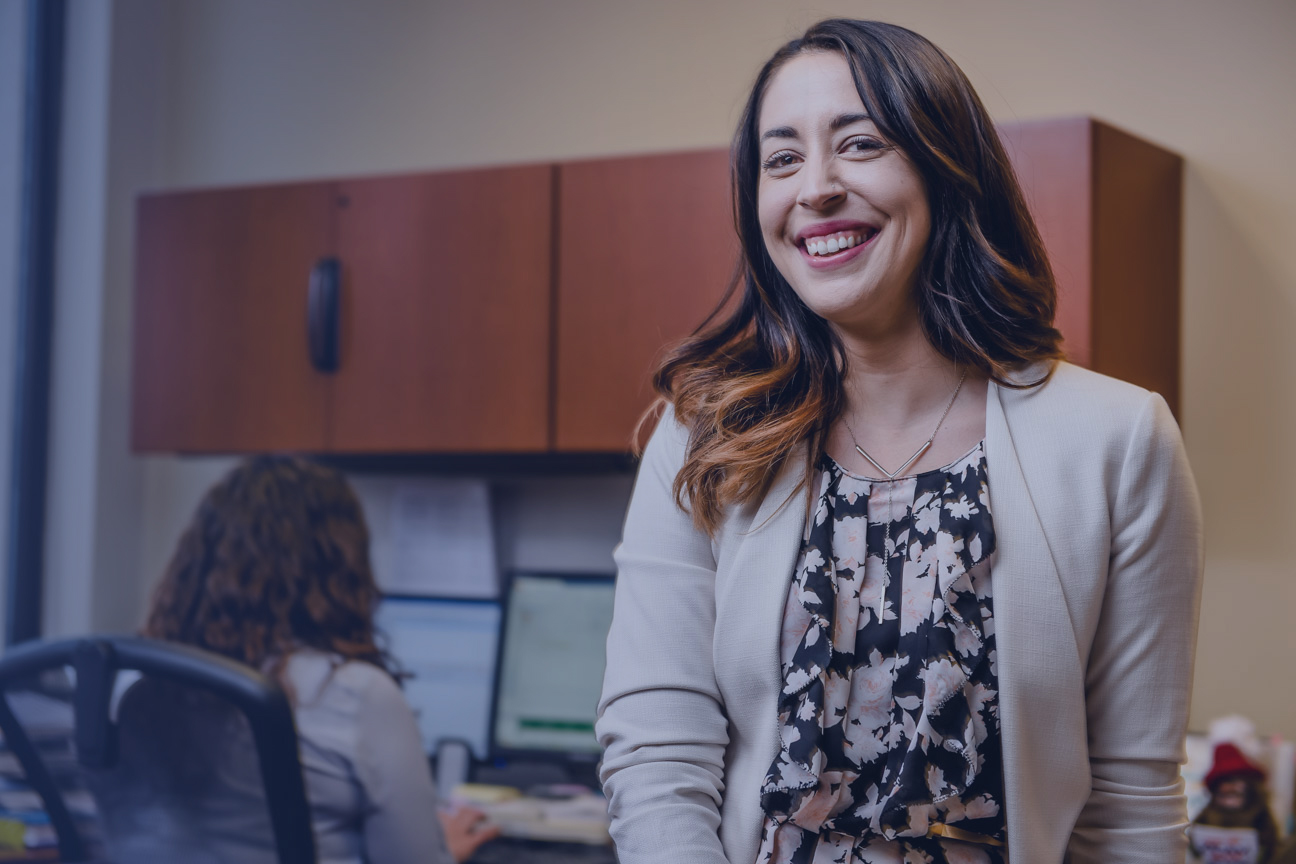Annie Asplen, Paramedic, MS
Medical Writer, Regulatory Assistant, Senior Information Specialist
At SafetyCall, we realize that the quality of our work can mean the difference between success and failure for our clients. For our callers, it can mean even more, since our first aid recommendations often determine how potentially dangerous chemical exposures are handled. To say that we take this responsibility seriously is an understatement, and we’re always looking for ways to be better. Here are a few of the ways we do that:
- Continuing education for staff
Every staff member at SafetyCall has a healthcare credential that brings a specific skill set to the job, including emergency medical technicians, veterinary technicians, pharmacists, and others. No matter how many years of experience an employee has, he or she is required to keep their credentials current and their skills sharp.
- Quality assurance checks
On a monthly basis, call center employees will have several cases randomly audited by senior staff who read case notes and listen to call recordings. This allows the case to be assessed for correct and thorough documentation, as well as good patient care and customer service. After the case is given a score against a standardized list of criteria, the employee will be shown where he or she can improve (or keep up the good work!).
- Writing tips
Most of us are not English majors, but we still expect a certain standard for the writing in our documentation. Call-takers are encouraged to confirm information from callers and proofread their notes. If common errors are found, they can be used as teaching points for the whole staff.
- Case studies
We can all learn from each other, and one of our most useful tools for doing this is the case study. If one of us has a case that is particularly valuable in showing what worked and didn’t work in its handling, we regularly share it with our peers. This is done formally with presentations at our quarterly Morbidity and Mortality conferences, and informally with an emailed write-up of a “case of the week.”
- Always learning
The world of toxicology is vast, and new information is being discovered every day. We not only contribute to this process with the data we collect but use it to our advantage as well. Our treatment guidelines are always being reviewed and updated to reflect the best information available so that our callers get the best possible care.
Quality isn’t just a word at SafetyCall. It’s not even just a matter of professional pride. It’s about being able to say that we’re constantly working to broaden the knowledge base in the field of toxicology with accurate, usable information, or that we did our best for someone in trouble. When we do this, we can actually say that we’ve made the world a little bit safer, and that means the world to us.
Annie has been with SafetyCall for 11 years. She loves her job and says she has never felt more appreciated by an employer. She is a licensed paramedic and also has her Master’s degree in professional and technical communication. In her free time, she loves hanging out with her 20 month old son, Wade.



